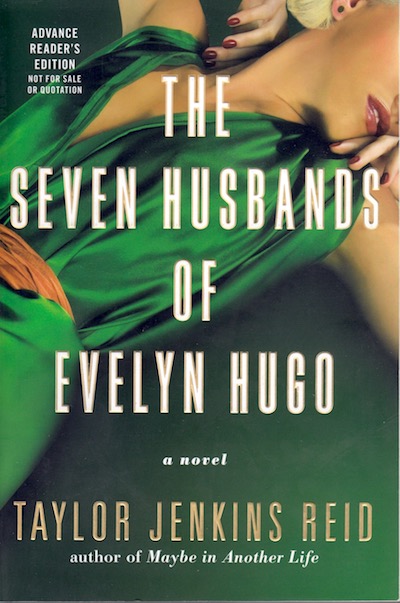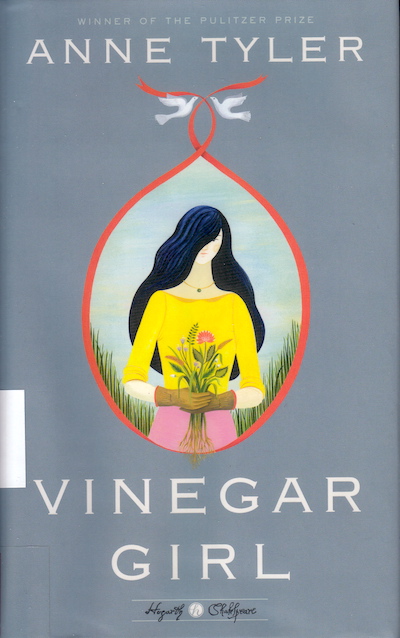
(The colors on the cover are not nearly that saturated. My image capturing process seems to need some help.)
Girls and Sex is largely about how high school and college aged girls form romantic and sexual relationships. What do girls get out of it? How about boys?* Should you, the parent, be clutching your pearls? Or worried?
Maybe? It explores how teenagers express their feelings, even if they don’t understand those feelings. It seems, to me anyway, that teenagers have a lot of ideas about what couples (or people who like each other) *should* do. Or maybe what they want to do without a lot of thought about the ramification of those actions.
My personal take as a parent is that my daughter should a) understand what she wants and be comfortable saying no, b) get the hell out if saying no doesn’t work, c) think, as much as she can, before she acts. Consent is hard, and drinking heavily isn’t responsible for a lot of reasons, but, in this case, consent gets complicated fast when one or the both of you isn’t making good decisions.
The book does end on a hopeful note, because it does talk about the fact that boys are often just as confused about girls about relationships. They’re given a different template of how to act, and that can cause its own problems.
Recommended if you have a teenaged child.
* Girls and Sex does have a chapter about same-sex romantic relationships and the further challenges of acceptance around those relationships as well. I don’t want to ignore that. But a lot of “how does he/she feel about me?” and “should I act on my feelings?” holds true no matter your partner’s gender.




